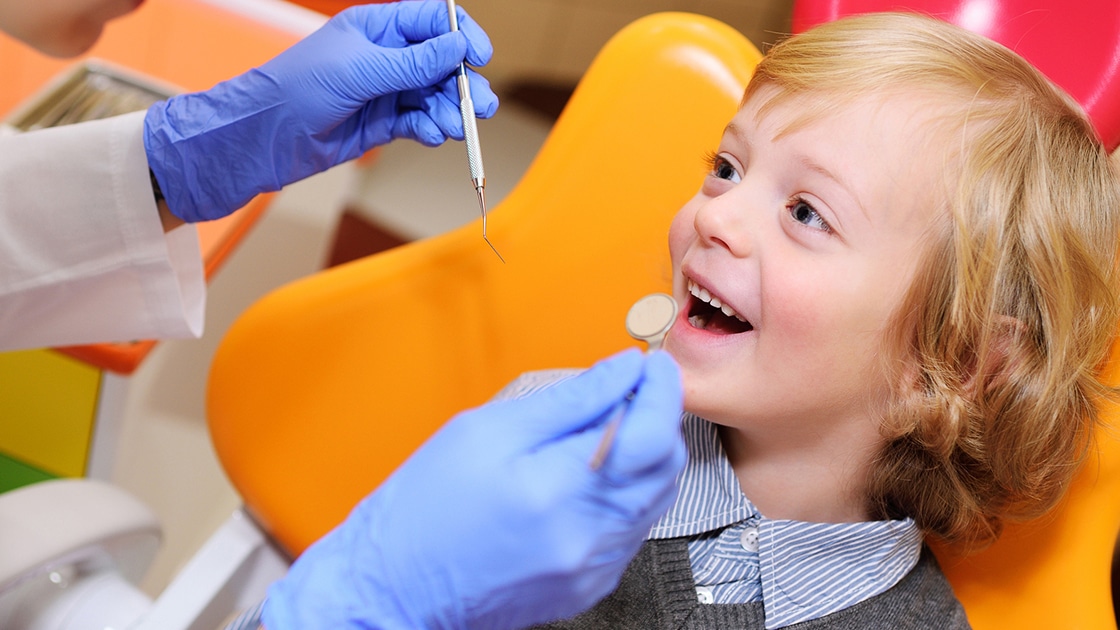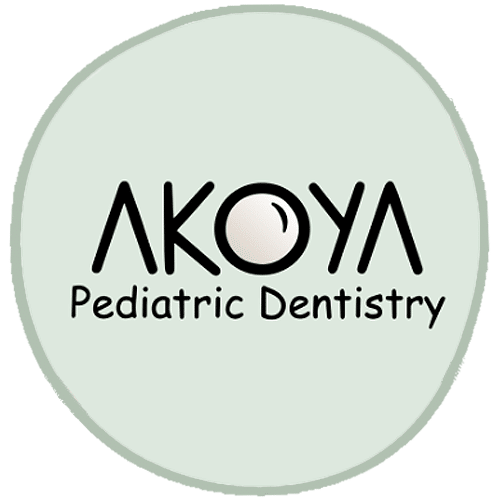
Akoya Pediatric Dentistry provides restorative dentistry for children in Southwest Ranches, Florida. We are honored to be considered as your child’s provider and dental home. To learn more, call 954-799-6212 or contact us today to schedule an appointment.
What Is Restorative Dentistry?
Benefits of Restorative Dentistry
There are many benefits of Restorative Dentistry:
Procedures Offered
We provide the following restorative dental procedures and treatments:
Why Choose Akoya Pediatric Dentistry?
Your child’s teeth serve an important function, both baby teeth and permanent teeth. We provide restorative procedures to save your child’s natural teeth whenever possible. Our conservative approach to restorative dentistry means that we start with the most minimally invasive option to repair decay or damage. In many cases we can save and protect children’s teeth with no anesthesia at all, which allows both children and parents to breathe a sigh of relief. We keep up to date with the latest technology and techniques to make restorative procedures as comfortable and effective as possible for children.
Frequently Asked Questions About Restorative Dentistry
Call 954-799-6212 or contact us today to learn more and schedule an appointment.
